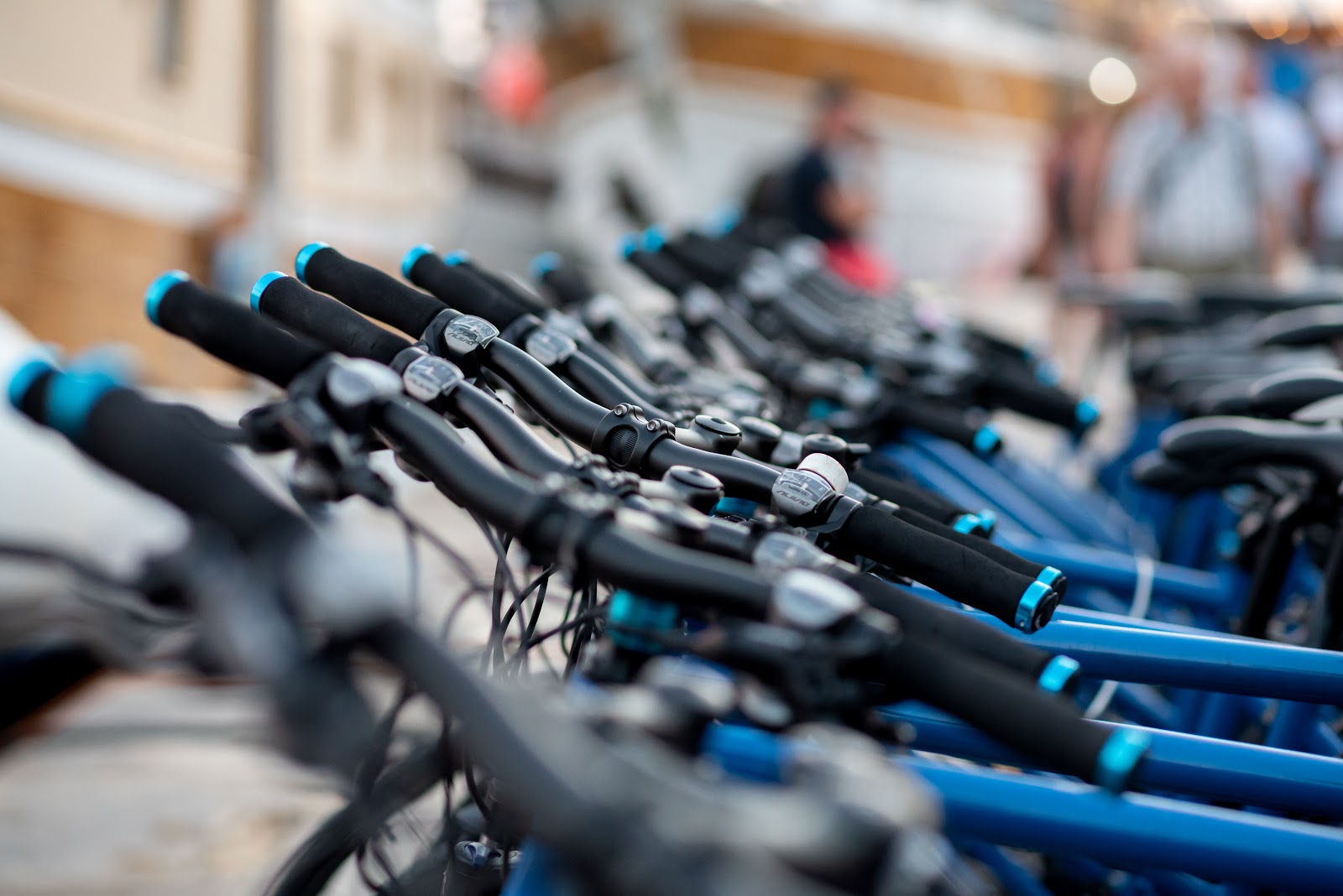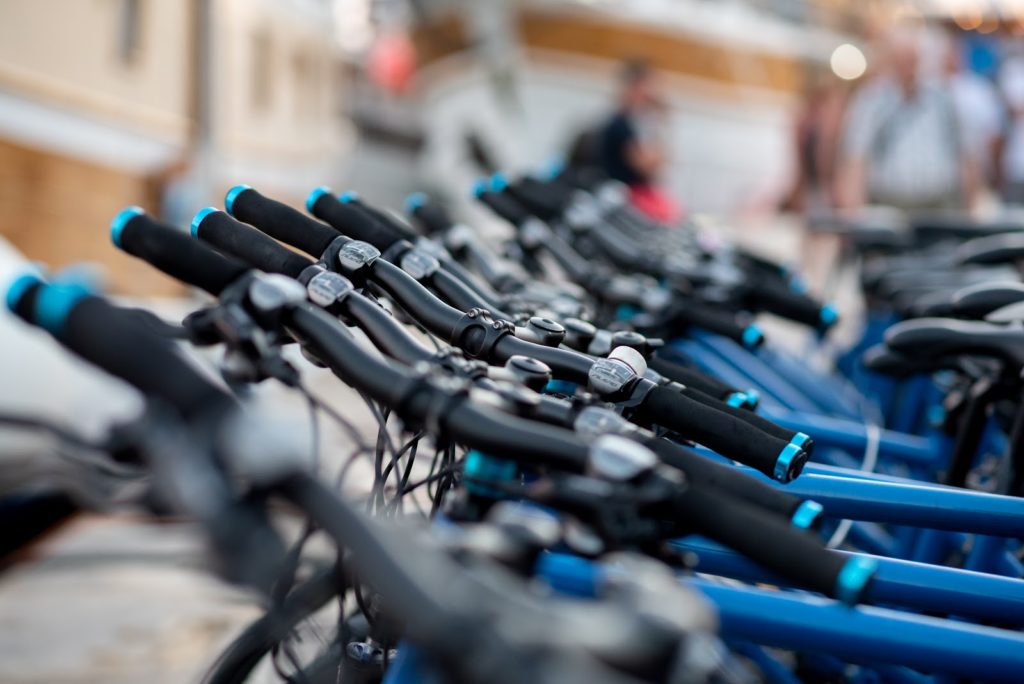
Vancouver is a very cyclist-friendly city with more and more bike lanes and bicycle share programs available. These share programs are convenient and allow people to pick up bikes all over the city and ride them to wherever they need to go.
When you are using a bicycle share program, you are assuming responsibility for operating the bicycle and acknowledging that you will do so safely. This means being aware of traffic laws, staying off of sidewalks, and being mindful of pedestrians. Always familiarize yourself with safety procedures and wear a helmet when riding a bicycle in the city.
What to Do if You’re in a Bike-Share Accident
If you do find yourself in an accident with a share-program bicycle, It is important to take the following steps:
Call 911 if Necessary
If anyone has been injured and you are able to, call 911 immediately.
Get Witness Info
Get the contact information of any witnesses if you can. You may need their statements later.
Take Photos
Take photos of the scene of the accident (when it is safe to do so) that show any road hazards or conditions that may have contributed to the accident. Be sure to also take photos of any injuries you have and all damage caused by the accident.
Go to the Doctor
It is important to get checked out by a medical professional after a road accident, even if you don’t think you are badly injured. This is because you may have injuries that do not seem severe at first, and it is a good idea to get all injuries officially documented by a doctor.
Inform the Share Program
Get in touch with the bicycle-share program and let them know what happened. It is important that they have all of the information.
Am I Insured?
The simple answer is no. The bicycle share program will not provide you with any insurance coverage in the unfortunate case that you injure yourself or someone else. Mobi/ShawGo for instance, explicitly states in a waiver as follows: “…in the event that the Operator, at its option, carries insurance, you shall remain liable for any liability, property damage, personal injury, injury to others, damages, penalties, fines, losses, and expenses of any kind whatsoever”. If you “cause any damage to property or injury to another party while operating or in possession of the Bike, you are solely liable for all such damage or injury.”
Collision and Injury Coverage
For bike injury-related healthcare costs that extend beyond what’s covered by your Medical Services Plan, a couple of insurance policies may apply in supporting your return to health. If you’re hurt in a collision where a driver is at fault, the driver’s auto insurance will cover medical costs including dental care and physiotherapy, as well as general damages for pain and suffering, and wage loss. Extended benefits packages (e.g. Pacific Blue Cross), or mortgage insurance generally provide “accidental death and disability” coverage which may provide pay-outs for different amounts depending on your injury.
3rd Party Liability Coverage
In the case you are deemed at fault for a collision, you will need third-party liability insurance to cover damages. Your own motor vehicle insurance will not provide you with coverage if you injure someone while riding a bicycle. This could leave you owing thousands of dollars if you run into a pedestrian or another cyclist. However, homeowner’s/tenant’s insurance contracts may cover you for third-party liability. Not all contracts cover you though – it’s important to check the wording in your policy to determine what specific liability coverage you have.
Talk to a Lawyer
If you were in a road accident while cycling and think you may be owed compensation, get in touch with a reputable personal injury lawyer to discuss your best next steps. At Hoogbruin and Company we provide Consultations to evaluate your case and help you determine how to proceed.

